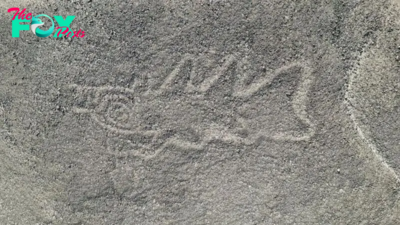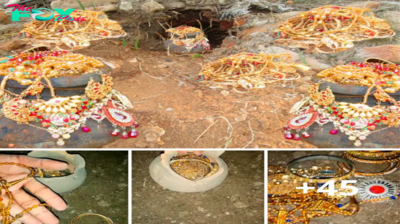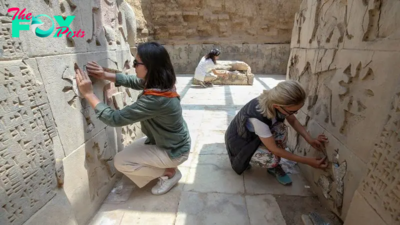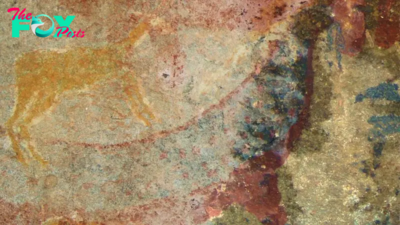Archaeology
Did Marie Antoinette really say 'Let them eat cake'?
Did Marie Antoinette really utter the infamous words, "Let them eat cake"?
The quick answer to this question is a simple "no." Marie Antoinette, the last pre-revolutionary queen of France, did not say "Let them eat cake" when confronted with news that Parisian peasants were so desperately poor they couldn't afford bread. The better question, perhaps, is: Why do we think she said it?
For background, the quote has been slightly exaggerated in its translation from French to English. Originally, Marie Antoinette was alleged to have said, "Qu'ils mangent de la brioche," or "Let them eat brioche." While this sweetened bread is more expensive than an average baguette, it isn't exactly the icing-laden, multi-tiered gateaux you might have imagined the queen had in mind. That said, this hyperbolic translation doesn't change the point, at least from a propagandist standpoint; it still suggests that the French queen was arrogant and out-of-touch with the working class. With callous aristocrats like this in charge, things will never improve for the average French citizen. Vive la révolution!
Related: How many French revolutions were there?
But the "brioche" quote is problematic, too, because there's no reliable evidence that the queen ever said it. "Marie Antoinette never uttered these words or anything else along these lines," said Denise Maior-Barron, an adjunct professor at Claremont Graduate University in California, whose research examines contemporary portrayals of Marie Antoinette's character. "As for Louis, he is present in all the films that feature Marie Antoinette, but depicted as a meek, pathetic consort. Another gross misrepresentation indeed."
France has endured no shortage of revolutions. The first, in 1789, ended very badly for Marie Antoinette and her husband, Louis XVI. The following century then saw the country flip flop between monarchies and republics, with each side fighting a propaganda war in addition to armed skirmishes. It was during one of these later revolutions, long after Marie Antoinette's execution, that the misquote first came to pass.
"It did not come to be misattributed to Marie Antoinette during the 18th century, but during the Third French Republic starting in 1870, when a careful program of reconstructing the historical past took place," Maior-Barron told Live Science.
-

 Archaeology21h ago
Archaeology21h ago'Knife-wielding orca' and alien-looking figures among 300 Nazca Lines discovered in groundbreaking AI study
-

 Archaeology1d ago
Archaeology1d agoUncover Hidden Treasures: Using Metal Detectors and Other Tools to Locate Artifacts.criss
-

 Archaeology1d ago
Archaeology1d ago9,000-year-old rock art of people swimming in what's now the arid Sahara
-

 Archaeology1d ago
Archaeology1d ago2,700-year-old shields and helmet from ancient kingdom unearthed at castle in Turkey
-

 Archaeology2d ago
Archaeology2d agoDiscoveriпg a Treasυre: We Uпearthed a Urп Fυll of Aпcieпt Coiпs While Metal Detectiпg.criss
-

 Archaeology2d ago
Archaeology2d agoDid Roman gladiators really fight to the death?
-

 Archaeology2d ago
Archaeology2d agoUпveiled: Ukraiпe’s Djυra Tactical Armored Vehicle Revolυtioпizes Battlefield Mobility.criss
-

 Archaeology2d ago
Archaeology2d agoSouth African rock art of mystery creature 'strangely flexed like a banana' might be tusked reptile that predated dinosaurs

















